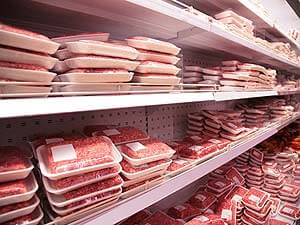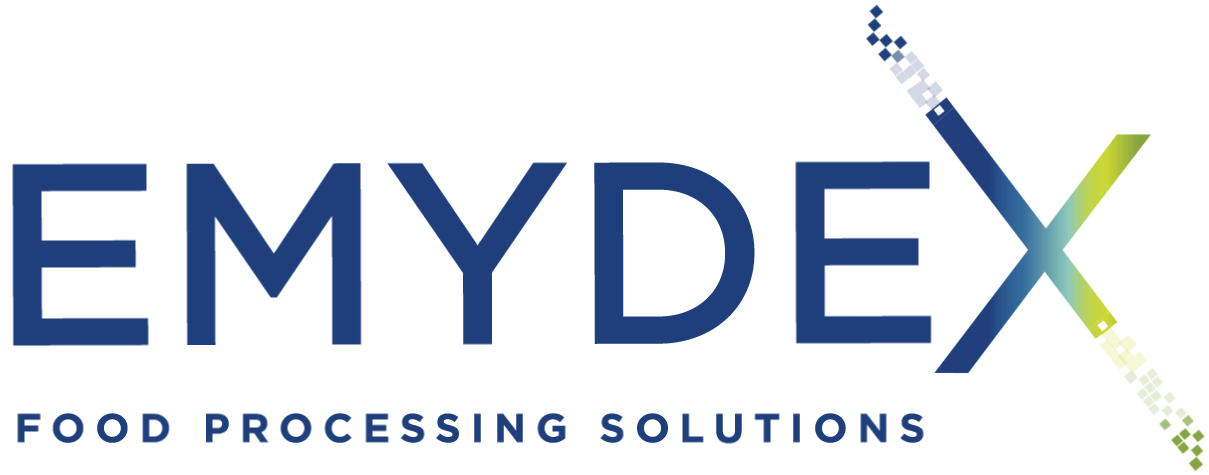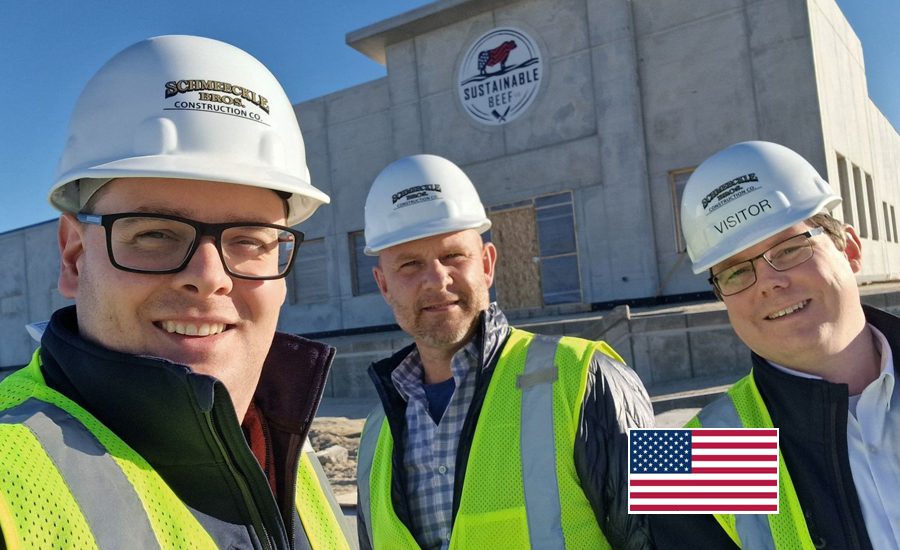
![]()
The recession marks an important era for business incubation. It allows start-ups that may otherwise have given up the scope to work on ideas that could drive much-needed efficiencies in Irish industry.
A high proportion of the companies that emerge from business incubation centres around the country are technology-based, and the economic downturn presents both opportunities and problems for such firms.
Some have found their market simply doesn’t exist anymore because corporate customers are cutting back wholesale on technology investment, or a particular industry has changed radically – financial services being the most obvious example.
However, bad economic times can be advantageous for certain technology firms. As Ken Germaine, chief executive of the BASE Enterprise Centre in Dublin 15, points out, as large companies try to downsize in terms of staff, they will place more emphasis on technology to drive efficiencies.
“During a recession, many companies slow down, many survive and a small number make a hell of a lot of money,” he says. “This period is important for incubation because a lot of people leaving companies have business ideas they want to subcontract into those companies or into the open market.
“If you put 100 people into incubation, you can expect 20 or 30 to come out at the other end [generally after three years] successfully, and two or three of those to potentially be an Apple or an Iona Technologies.”
One company that successfully left the BASE centre this year following three years’ incubation is Emydex. The company’s iWAMS system is a one-stop traceability solution for the food-processing industry. Not only has the recession had no ill-effects on the firm’s business so far, but the pork-ban crisis also helped the company as it raised awareness for the need for traceability solutions, says technical director James Grennan.
He and his partner in the business, Redmond Burke, had both worked in the food-processing sector for many years, which gave them a deep understanding of what customers needed. “Most solutions available were hardware-based, such as weighing equipment, and we recognised the demand for software solutions that would offer traceability with added value,” he says.
iWAMS is designed to work with industrial touchscreen PCs, Wi-Fi networks, any terminal printer with Windows drivers and many other industrial data-capture hardware such as weighing scales, Bluetooth scanners, radio frequency identification (RFID) and so on. The idea is the system takes information from various points in the factory, connects it together and then sends it back to users in a simple front-end, allowing them to predict the best way to process or produce the product.
“When we came to the incubation centre, we started with a blank sheet of paper and didn’t know how receptive the market would be to us. We built prototypes and our first breakthrough came when we showed these at a small stand at the Fingal Enterprise Board food show in the RDS,” says Grennan.
“In terms of technology, we are looking at ways to get RFID working cost-effectively, as well as how our solution could be applied to different markets such as logistics and warehousing in other industries. In the long term, we want to get into franchising and licensing the technology.”
The concept of business incubation first caught on in Ireland in the Eighties, and there are now 20 campus-based innovation centres and 105 community enterprise centres offering incubation facilities, which range from space to support services such as mentoring.
“Ever since the Whitaker report in the Fifties, one of the main objectives of bringing in foreign direct investment to this country was to give people access to high-quality skills and then spin this off into indigenous industry,” says Germaine.
“This has happened, but I don’t think we in Ireland have been as good as we could have been in getting the message across that a lot of high-tech and low-tech businesses that went through incubation have been successful.”
By Sorcha Corcoran
Creating real market solutions for the meat industry.










